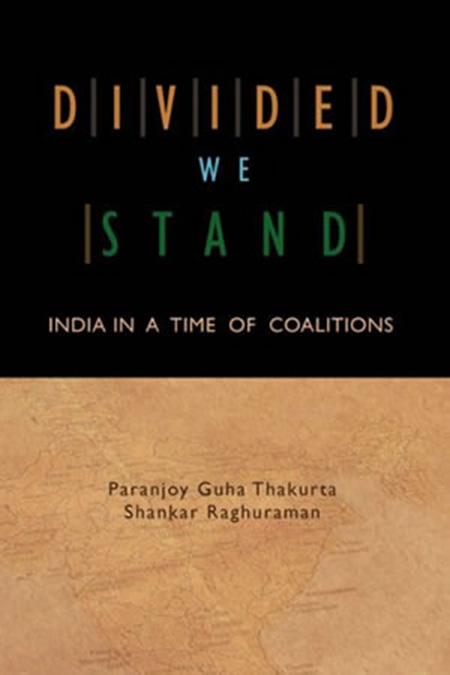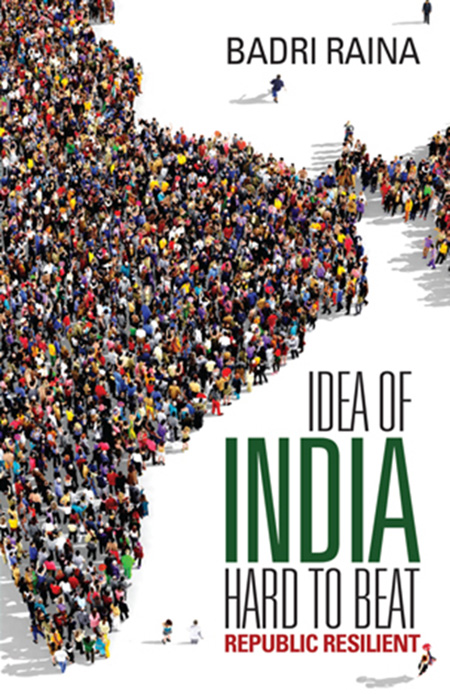Book: Imprints Of The Populist Time
Author: Ranabir Samaddar
Publisher: Orient BlackSwan
Price: ₹1,105
One dictionary definition of the word, ‘populism’, is that it is a political approach that strives to appeal to ordinary people who feel that their concerns are disregarded by elitist groups. In other words, the word signifies the quality of appealing to, or being aimed at, the proverbial aam admi. The political thinker, Ranabir Samaddar, writes several thousand words in his elaborate attempts to delve into the multi-layered meanings of words and terms such as economic “classes”, what constitutes the “people”, the contentious figure of the “citizen” and what a “Constitution”, in particular, the Constitution of India, means to those who live in what is now the most populous country on the planet. This book follows Samaddar’s earlier publication titled, Passive Revolution in West Bengal, 1977-2011.
The first section of the book is titled “The Black Hole of the Origin of Populism” and much of the book is focussed on “Power, Politics and the Populists of West Bengal” — the second section that examines the verdict of the elections to the state legislative assembly in 2016. This section analyses how populist politics in Bengal is “new” or unique while, at the same time, similar to politics in other states like Tamil Nadu, Kerala, Telangana, and Delhi. The book was almost completed before the Covid pandemic broke out and a countrywide lockdown was imposed in March 2020. In its “Afterword,” it seeks to situate what happened in the tumultuous first two years of the third decade of the new millennium in reference to the recent, as well as the distant, past.
Samaddar investigates populism in a historical perspective and examines it wearing his post-colonial lens, pointing out that “While the existing networks of solidarity based on family, religious community, kinship and workplace ties weakened, the state came forward to intervene in different social services including health, employment, guarantees of work, minimum wage.” These interventions by the State, he adds, weakened with the increasing “financialisation of the economy in the wake of globalisation”. The pandemic and the lockdown in India forced the right-wing Hindu nationalist government in New Delhi to rethink its welfarist policies, even if its actions were unduly harsh, arbitrary, authoritarian, poorly thought through and implemented even more poorly. Samaddar compares the “bio-politics” of coping with the pandemic among Kerala, West Bengal and Dharavi, the sprawling slum in Mumbai.
The central argument of Samaddar’s book, which is bound to be challenged by other academics at both ends of the right-left ideological spectrum, is that the poor “by themselves will not make a socialist world” but “will at least create a world of welfare”. He elaborates on how populist politics deploys existing networks of clubs, societies, festival troupes and local associations to give the “autonomous” individual a different and distinct political identity together with the existence of “widespread petty corruption” — a trend that will certainly be familiar to those tracking the Trinamul Congress government in West Bengal. The author has focussed on the trajectory that politics in the state took after the end of the 34-yearlong rule by the Left Front in 2011.
While writing about the unique protests against the Citizenship (Amendment) Act, Samaddar says that these were “quelled” by the communal riots in Delhi just before the lockdown took place. He argues that one should not be surprised by the near-simultaneity of revolution and counter-revolution by drawing parallels with how the anti-colonial protests demanding the release of incarcerated soldiers of the Indian National Army in the “radicalised” city of Calcutta in 1946 “quickly turned into a site of communal holocaust”
The author is frequently critical of left and liberal intellectuals for being overtaken by history. One may quibble with several of his sweeping generalisations, while also agreeing with his tirades against neoliberal economics and the politics of corporate power. This reviewer has a grouse against the dense language used by the author that makes the book largely inaccessible to those who are not academics and are uncomfortable with jargon thrown around by social scientists. Given the significance of its ideas and analyses, the book should have tried to reach out to a wider readership.


